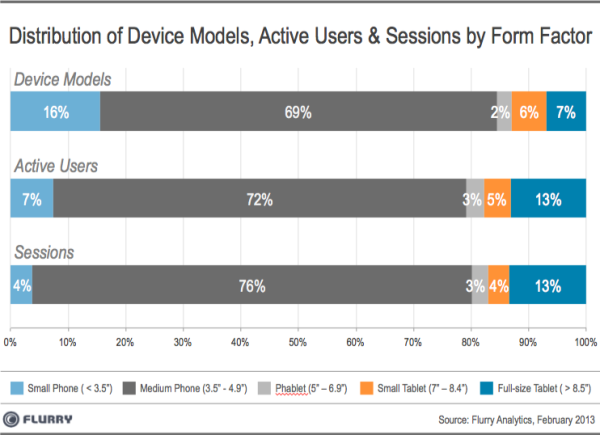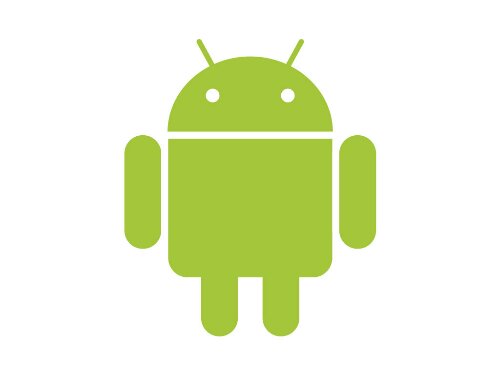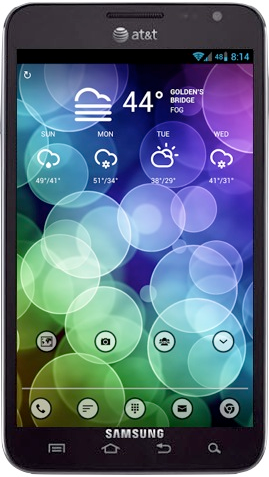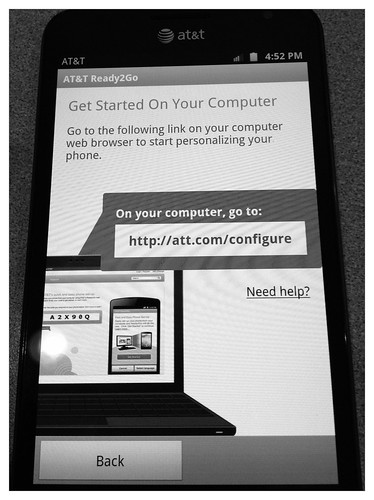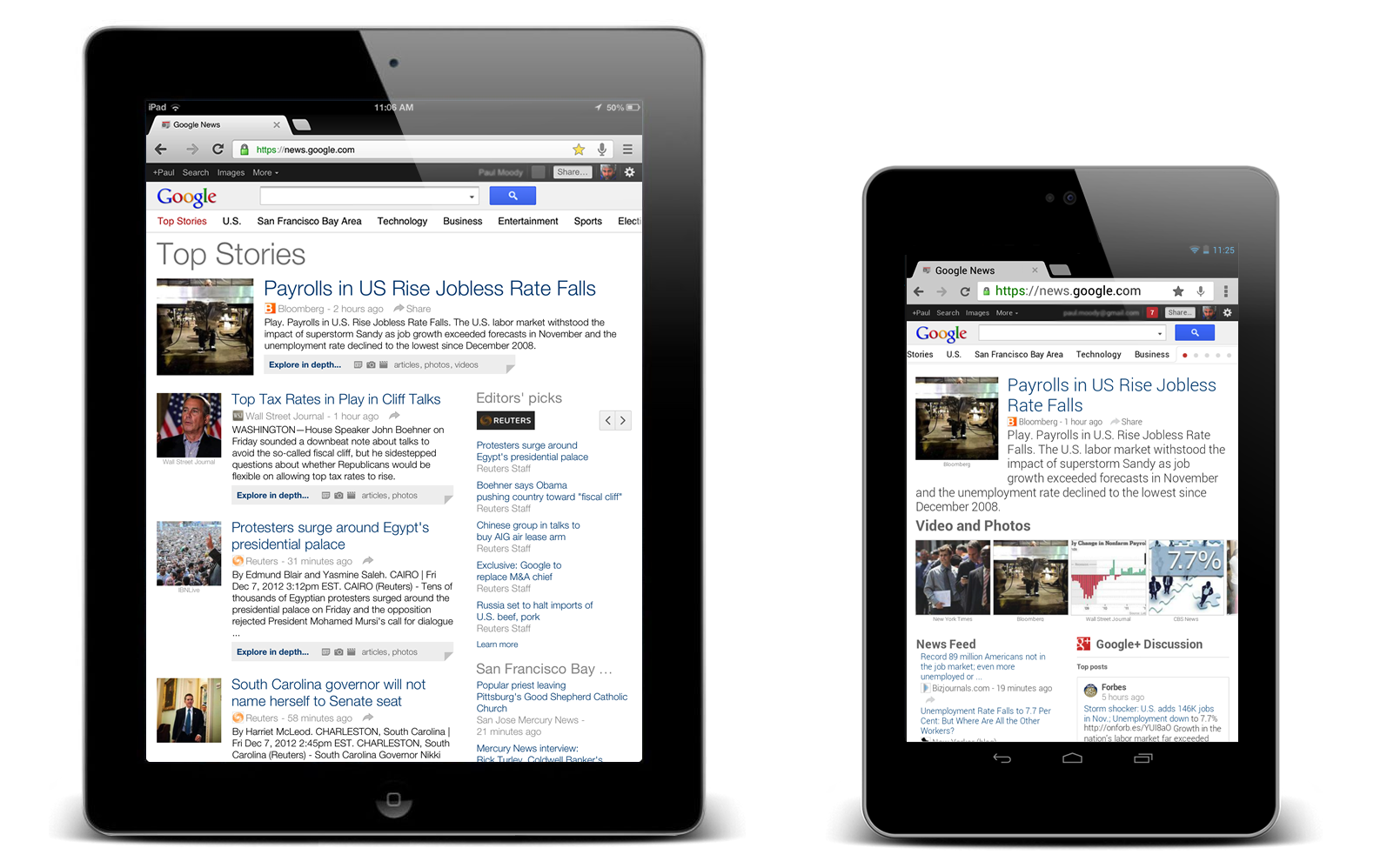MG Siegler has solid POV on the potential for Samsung this year. I don’t normally quote this much, but for context …
Not only is it bigger than Apple from a revenue standpoint, it’s almost twice as large as the three other “horsemen” combined ($190 billion versus what should be about $100 billion for Amazon, Facebook, and Google in 2012). And unlike Amazon and Facebook which make little or no profit, Samsung is hugely profitable. $12 billion in profit for 2011 should move closer to $20 billion in 2012. That’s not a ton compared to Apple ($55 billion in profit in 2012), but it should be roughly twice as much profit as Google pulls in for the year.
But let’s forget the money and go back to Android. Samsung is so important and deserves a place with the other horsemen because it is the most important piece of the Android ecosystem beyond Google. And it seems that the company is at least exploring the possibility of taking a step back from that ecosystem, or hedging its bet. That could be the story of 2013.
Imagine Samsung, with 40 to 50 percent of the Android market, breaking away to focus on Tizen. Or perhaps more realistically, imagine Samsung forking Android for its own purposes while exploring the Tizen possibilities. Not only can the company afford to do it, there may be several incentives to do so.
Amazon is closing in on its own phone running a forked version of Android in a similar manner to its Kindle Fire tablets. The first iterations of that tablet weren’t great, but they’re getting better. And because it now has its own forked Android app store, Amazon is going to be in control of the entire ecosystem. Samsung has no such control if it remains a loyal Android partner.
Maybe it’s okay with that, but Samsung must be looking at how profitable Apple is as a result of its total control. Shitty mobile skins only give the illusion of control, Samsung needs to control the full stack. And given its position of power, the company has the leverage to do that if it chooses to.
And it’s not just an offensive imperative, it’s a defensive one too. Google continues to say the right things publicly about maintaining distance from its Motorola unit with regard to Android. Of course, it says this with the Google X phone project well underway. A true Google phone.
Perhaps it’s a project meant less to scare Samsung and more to fight back against Google’s true bane: its carrier partners. Or maybe it’s Google hedging against Samsung’s position of power. It doesn’t matter. The Google/Samsung relationship is starting to show signs of strain, and they’re only going to get more pronounced — exhibit A.
Beyond mobile devices, the hot topic for 2013 is the future of television. Most of this is focused around Apple with a little bit reserved for Google’s TV projects. But it’s once again Samsung that is already the leader in the space. Sure, it’s the old school (shitty margin) television space, but why doesn’t anyone think that Samsung can translate its success in smartphones here as well? It simply hasn’t really tried yet.
Perhaps that’s another part of the Tizen equation. Or maybe a forked Android will find its way here as well. But Samsung has a huge head start on Apple, Google and everyone else. via TechCrunch.
Bloomberg’s report on Samsung’s desire to launch Tizen-based handsets to push away from Android is definitely interesting. The initial product is apparently going to NTT Docomo in Japan which means we’ll have to wait here in the US. Should Samsung decide to release a Tizen varient of the Galaxy IV later this year, most (Samsung) consumers would probably consider it the next generation Galaxy rather than focus on the operating system. If Samsung can successfully migrate their existing apps and deliver against some of the core Google bits they are going to have a winning hand. This is far from simple or a sure thing …
The future of TV is a big deal. While everyone is waiting for Apple to reveal their solution, Samsung already has massive scale, huge profits to accomodate risk (like Apple) and an existing ecosystem of devices along with a brewing selection of branded apps. Now, it’s been pointed out more than a few times, that the current Smart TV market is a complicated mess and it’s also likely to be massively expensive to get the ala carte services we all want.
This week CES will reveal some likely candidates … let’s hope they aren’t just based on speeds and feeds … we need some connected systems here to make it all work and work well.

